Pediatrics
Pediatric Residency
Welcome to the Department of Pediatrics at Richmond University Medical Center. The department has made a commitment to embracing and teaching the six core competencies of the Accreditation Council for Graduate Medical Education (ACGME). We strive to incorporate an academic approach to our pediatric residency program. Our residents are trained to provide family-centered care that is evidence-based and compassionate. As a smaller-sized community program we can individualize the needs of each resident, which may be in the form of personal support, career guidance, mentoring in research, or simply navigating one of the most educationally stimulating and challenging periods of their lives.
Philosophy
The Institution has academic affiliations with SUNY Downstate College of Medicine (of the Health Sciences University) , and New York Medical College. The Pediatric Residency Program at Richmond University Medical Center is a three-year training program Accredited by the ACGME and designed to prepare residents to be excellent, well-rounded pediatricians who can provide care for children from all walks of life or can go on to subspecialty fellowship training.
Our pediatric residents are an essential and integral part of the Department of Pediatrics. We train our graduates to be skilled clinicians with a strong knowledge base, who are able to diagnose and treat patients effectively. Most teaching is provided in small groups, supplemented by case-oriented discussions, didactic lectures and individual reading. Residents are given progressive autonomy under the supervision of the faculty.
All requirements of the Residency Review Committee for training in pediatrics are fulfilled, and by graduation all are competent to practice independently, are eligible to sit for the American Board of Pediatrics certifying examination, or to enter one of many subspecialty fellowship programs.
Facilities
The clinical training revolves around the inpatient ward of a community hospital, a continuity clinic that services the entire north shore of Staten Island, and a busy emergency room where we see over 70,000 visits per year, of which about one-third are children. In addition, there is a Level III NICU that is part of the regional Perinatal Center and affords the opportunity to care for a wide range of neonatal problems.
Facilities Include:
- 25-bed inpatient ward
- Newborn nursery with more than 3,000 deliveries per year
- 2 resident call rooms
- 3-bed PICU
- 26-bed NICU, which is recognized for having the lowest mortality rate in the NY metropolitan area.
Resident Curriculum
Richmond University Medical Center’s Pediatric Residency Program is designed to provide its residents a comprehensive educational experience with increasing responsibility for patient care and supervisory experience over a three-year period. The ultimate goal is to prepare the resident to be an excellent provider of comprehensive general pediatric care. Specifically, by the completion of their residency, all pediatric residents will have fully demonstrated sufficient competence to enter practice without direct supervision. Written goals and objectives have been established for each educational experience, with specific objectives for each level of training in general pediatrics as follows:
PL-1 Level
During the first year of training, residents will be introduced to the basic experiences upon which the remainder of their training will rest. They will learn to perform age-appropriate histories and physical examinations competently. They will learn to prepare thoughtful assessments and treatment plans. With appropriate supervision, they will learn to perform procedures indicated for their patients for whom they have primary responsibility. The PL-1 residents will be taught to develop a sense of personal responsibility for their patients and will be held accountable to this by their senior residents and faculty preceptors. They will learn to assess the level of severity of illness in a timely manner, and they will be shown when and how to seek necessary help from their seniors, and from professionals in other disciplines. As they progress through the first year, residents will expand their pediatric knowledge base. They will be stimulated to expand their scientific inquiry through dialogue in a variety of teaching settings, as well as through case-based literature searches with careful and critical literature review. They will develop a framework of knowledge for pediatric practice that allows them to champion issues of child health advocacy, provide preventive health care and resolve ethical dilemmas encountered in the practice of pediatrics.
PL-2 Level
The second year of pediatric training will build upon the skills and knowledge base established in the first year. PL-2 residents will be expected to care for patients with greater complexity of illness in a self-directed way, still under the supervision of senior residents and attending faculty. They will expand and build upon their practice experience, demonstrating greater efficiency and capability in the management of patients with problems of greater complexity. Particularly in the primary care outpatient setting, they will demonstrate increasing ability to practice independently, and will extend their supervisory role in this area as well. Their clinical assessment and treatment skills will be refined to permit them to efficiently oversee care provided by PL-1 residents and students. Second-year resident will also begin to focus on their own career planning, drawing upon their increasingly rich pediatric experience, and from their discussions with advisers and mentors. They will enroll in the necessary activities to confirm or develop their future interests.
PL-3 Level
The third-year residents will continue to expand their clinical knowledge base as they prepare to take the certifying examination of the American Board of Pediatrics. They will develop effective skills and habits for lifelong learning. They will further enhance their knowledge through additional subspecialty and pediatric generalist rotations. They will continue to develop their competence in procedural skills, critical care transport, office preparedness and telephone triaging abilities. They will be able to practice efficiently and effectively, with a significant degree of independence, particularly in their continuity and ambulatory practice activities. They will demonstrate leadership, confidence and supervisory capability in the inpatient, intensive care, and emergency settings as well. As team-leaders, they will ensure the well-being of their junior colleagues as well as their own being cognizant of fatigue and burnout. PL-3 residents will refine their supervisory and teaching skills. They will lead journal club. They will develop focused sign-out skills, enhance their ability to promote continuity of care, and use these skills in the practice setting. They will bring appropriate closure to their continuing care experience, and finish planning the next step in their careers. They will make a lifelong commitment to being promoters of preventive health care, child health advocacy, and ethical and cost-effective practice of pediatrics.
Residency Requirements
| Component | Educational Unit* |
| Emergency Medicine & Acute Illness | 3 (with at least 2 in ED) |
| Developmental-Behavioral Pediatrics | 1 |
| Adolescent Medicine | 1 |
| Term Newborn | 1 |
| Inpatient Pediatrics (non-ICU) | 5 (no maximum) |
| Ambulatory Experiences to include community pediatrics and child advocacy | 2 |
| NICU | 2 |
| PICU | 2 |
| **Additional Subspecialty | 4 (minimum) |
| General Pediatric Continuity Clinic | 36.5 day/week per year for the entire training period |
| Supervisory Responsibility | 4 months |
Resident Wellness Criteria
The criteria for candidacy in our residency program is as follows:
- U.S. Citizenship or Green Card- J-1 Visa’s accepted.
- USMLE scores Step I 220 or above Step II 230 or above; CS Pass – first pass best consideration.
- COMLEX SCORES ACCEPTED 600 and above
- The number of attempts at passing score is taken into consideration.
- STEP 3 PASS ++++
- ECFMG verified
- Applicants must begin residency within five years of their medical school graduation. Candidates whose graduation exceeds this five-year period will be considered on an individual basis, with evaluation of their professional and academic activities during the intervening years.
- No US Clinical experience required
- All applications will only be accepted through ERAS.
- Applications will be accepted from September thru the deadline of 12/31/16.
- Interviews will be scheduled from October through February.
- Six positions are available for each PGY year.
There is also a requirement that a resident accepted into our program MUST pass their Step 3 by November 15 of their PGY 2 year or their contract will not be renewed. Also note that if you are accepted into our residency program, the pre-employment screening will include drug testing.
You are also strongly encouraged to apply for your NPI number NOW as you will need it for any residency program you are accepted into.
Contact Information:
Jiliu Xu, MD: Program Director
Email: [email protected]
Dori Harasek: Residency Coordinator
Email: [email protected]
Phone: 718-818-4636
Educational Benefits:
- Membership in the American Academy of Pediatrics (AAP).
- Harriet Lane Handbook
- Basic Life Support Training (BLS)
- Pediatric Advanced Life Support (PALS) training
- Neonatal Resuscitation Program (NRP) training
- On-campus library
Others:
- Private call rooms with Internet and bathroom facilities
- Free parking
- Inexpensive living quarters for house staff are located on campus (based on availability)
- Full medical coverage and life/long-term care insurance
- Hospital issued scrubs for OR & Labor and Delivery
Others:
See GME Salary and Benefits.
Faculty, Residents and Staff
Department of Pediatrics
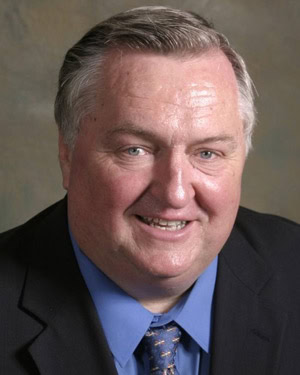 | 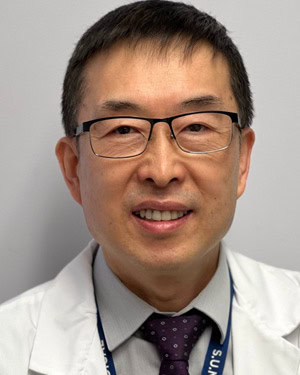 | 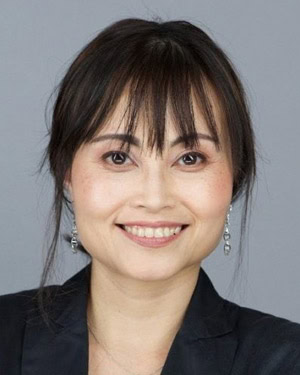 |
| Brian R. McMahon, MD Chairman | Jiliu Xu, MD Program Director Chief of Pediatric Gastroenterology | Melissa Grageda, MD Associate PD Chief, PICU and Medical Director |
 |  | |
| Dori Harasek Program Coordinator | Rayshaun Grady Medical Student Coordinator/Secretary |
Our Chiefs
 | 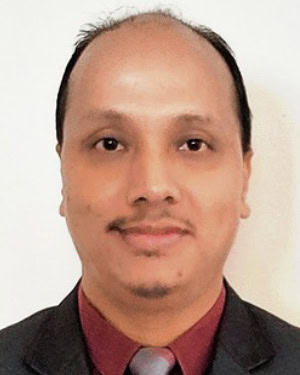 | |
| Jonathan Caggiano, MD (PGY 3) | Sujit Shrestha, MD (PGY 3) |
PGY 3 Residents
 | 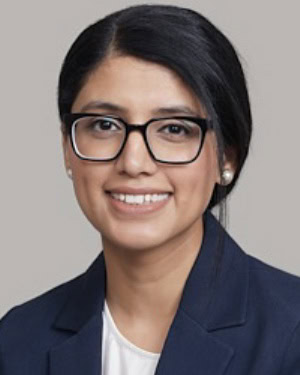 | 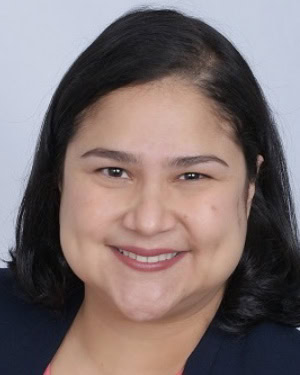 |
| Min Gong, MD | Naima Latif, MD | Franhe Melean Duran, MD |
 | 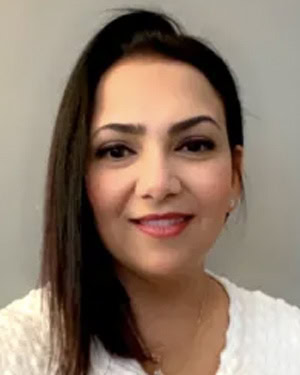 | |
| Minaxi Vora, MD | Basant Hamed, MD |
PGY 2 Residents
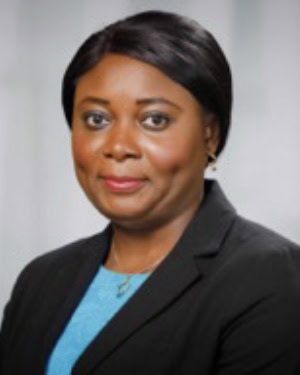 |  | 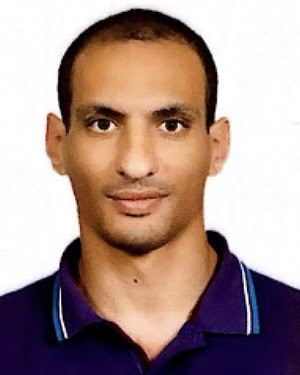 |
| Faderera Adewole, MD | Genevieve Asamoah, MD | Ahmed Bayoumy, MD |
 |  | |
| Marzuk Masud, MD | Sally Shobair, MD |
PGY 1 Residents
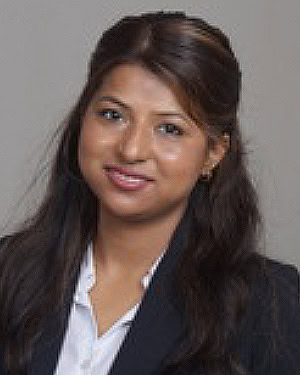 | 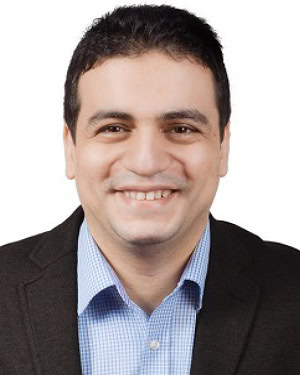 |  |
| Prateeti Bekoju, MD | Mostafa Elsheikh, MD | Esther Fadairo, MD |
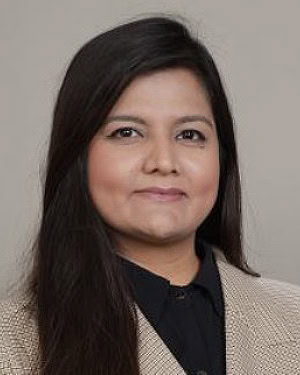 | 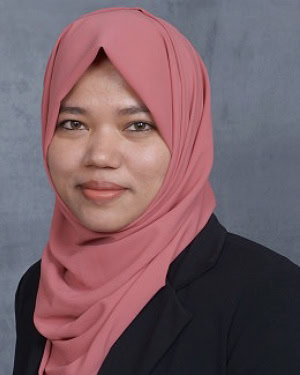 | 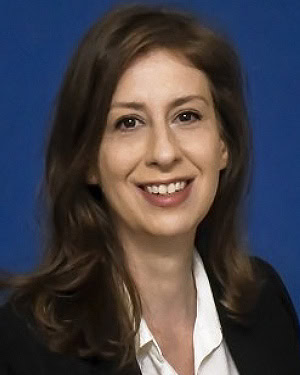 |
| Hira Jawad, MD | Habiba Khan, MD | Aleksandra Todorova, MD |



